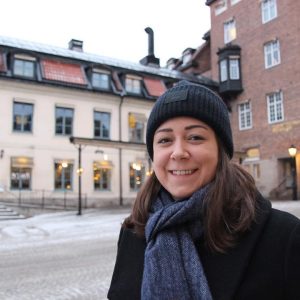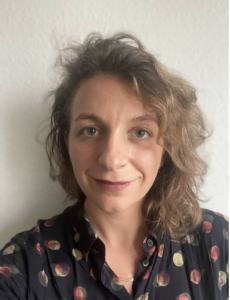RUCARR Seminar with Emma Rönngren, Örebro University
Time: October 7, 15.15-17.00 CET
Place: NI:C0319 (Niagara) or via Zoom: https://mau-se.zoom.us/j/69615481801
Abstract:
Since Russia’s full-scale invasion of Ukraine in 2022, attention has increasingly focused on how Russian strategic narratives are projected and received. In this seminar, Dr. Emma Rönngren presents findings from her doctoral dissertation on how Russian-speaking youth in Latvia make sense of, negotiate, and sometimes resist such narratives, with particular attention to emotions, media, and identity.
Drawing on focus groups and interviews with 69 participants, the study shows how young people navigate a contested media landscape where narratives of history, freedom of speech and language circulate. Using Carolyn Michelle’s reception model, Rönngren demonstrates how participants interpret these narratives on both denotative and connotative levels of meaning. Affect emerges as a key factor, shaping whether narratives gain persuasive force or trigger critical distance.
By foregrounding youth perspectives, the study not only contributes to debates on narrative power, resistance, and the affective dimensions of media reception, but also challenges simplified views of Russian-speaking minorities as either loyal or disloyal. It highlights the complexity of everyday meaning-making and the implications this has for democratic and civil actors in the Baltic Sea region.
Bio:
Dr. Emma Rönngren is a media and communication scholar specializing in strategic narratives, affect and information influence in the Baltic Sea region. She is a senior lecturer at Örebro University, affiliated researcher at IRES, Uppsala University and serves as the Student and Early Career Representative for the ICA Public Diplomacy Interest Group. Her current work includes forthcoming articles and book chapters on narrative persuasion, civil society resilience, and the role of media in geopolitics.




